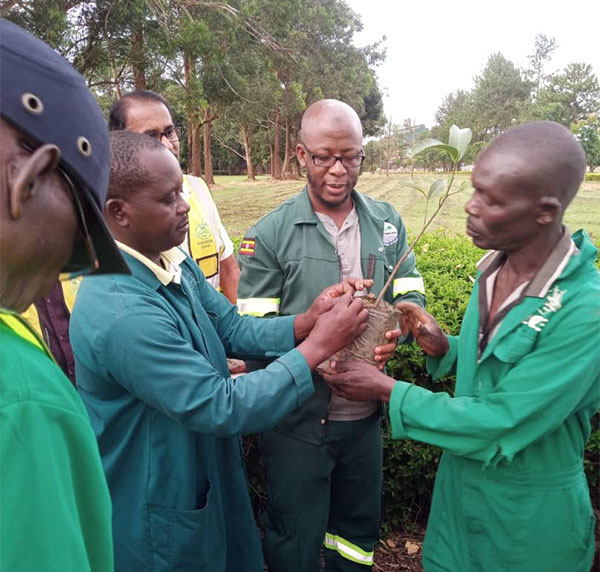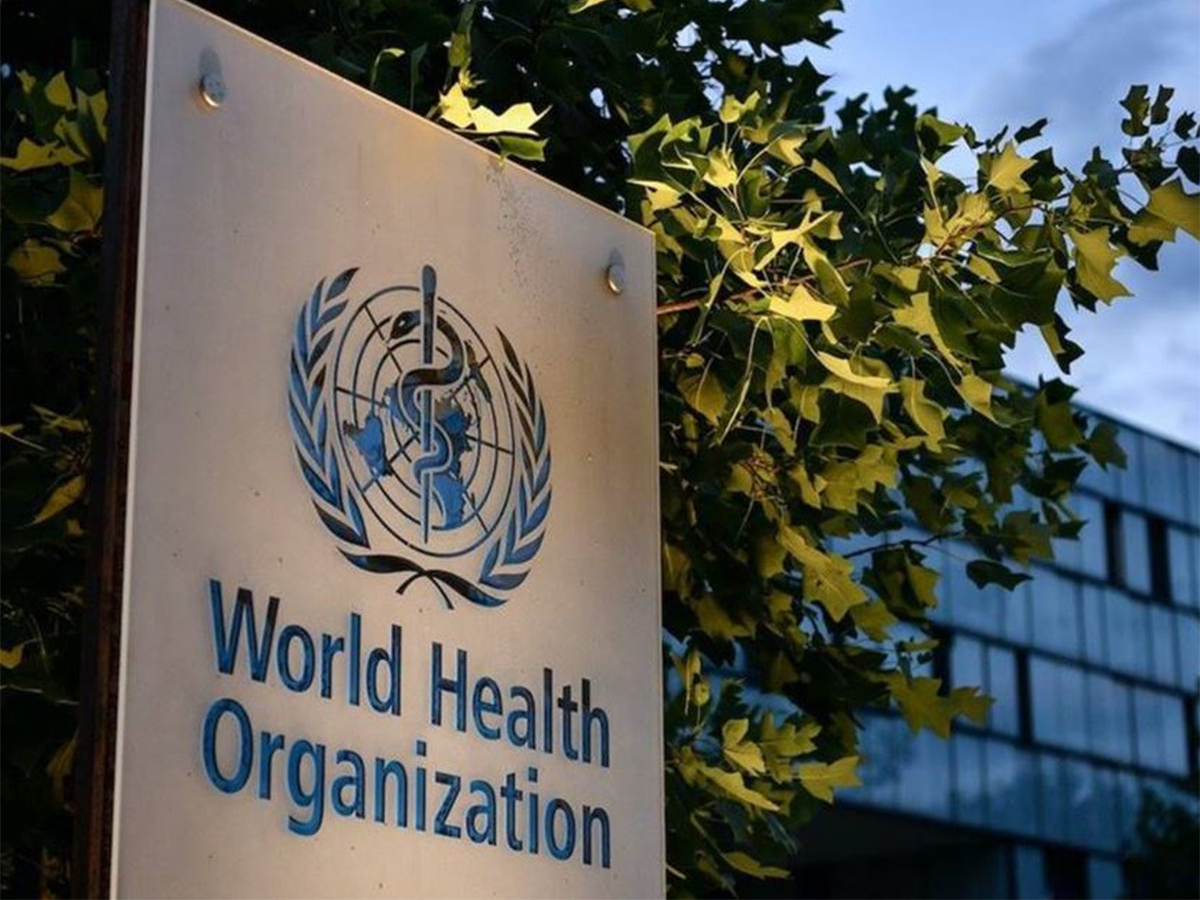By The Independent
Copyright independent

Masindi, Uganda | THE INDEPENDENT | Kinyara Sugar Ltd has showcased a package of climate-smart farming techniques and strict land use rules to Uganda’s National Environment Management Authority (NEMA) during a compliance assessment visit.
Kinyara publicist Francis Mugerwa said the measures are part of a deliberate shift toward sustainable sugarcane production.
“We have moved away from high-impact practices to systems that preserve soil health, cut emissions and keep farmers productive even in changing weather conditions,” Mugerwa said during the NEMA visit on Tuesday.
The company has introduced green cane harvesting to eliminate pre-harvest field burning, a move that cuts air pollution, lowers greenhouse gas emissions and helps retain soil moisture and organic matter.
“This approach keeps the soil alive and avoids the smoke pollution that communities have long complained about,” he said.
Kinyara has also adopted legume-based land fallowing, growing nitrogen-fixing crops between cane cycles to replenish soil nutrients and break pest cycles, reducing the need for chemical fertilizers.
“It is a simple, low-cost way to restore fertility while giving farmers food crops they can sell or eat,” Mugerwa added.
The presentation comes as Uganda pushes manufacturers to align production with the United Nations Sustainable Development Goals and its Green Growth Development Strategy. Regulators have increased oversight of the sugar sector, urging producers to protect wetlands and forests while meeting domestic and export demand.
Kinyara is also using biofertilizers and biological pest control, relying on natural predators and bio-based agents to cut chemical use and protect biodiversity.
Industrial byproducts such as filter mud and bagasse ash are applied as soil amendments to improve texture, boost microbial activity and recycle carbon.
“Nothing goes to waste—what comes out of the factory goes back into the land,” Mugerwa said.
Mugerwa said Kinyara enforces land policies that ban cane production in wetlands and gazetted forest reserves, exclude parcels under one hectare and require that 30% of farmland remain under food crops.
Farmers must also leave 8–12 meter firebreaks around cane fields and are encouraged to intercrop food or plant short-term income crops in those areas.
Masindi District, home to Kinyara, relies heavily on the sugar industry, with more than 70% of farmers benefiting directly or indirectly.
Kinyara currently crushes 6,000 tonnes of cane per day against an installed capacity of 9,000 TCD and operates a $15 million refinery commissioned in 2022 with a capacity of 60,000 tonnes a year.
Its five-year plan targets raising crushing capacity to 10,000 TCD and processing up to 3 million tonnes of cane annually, supported by irrigation and farmer development programs.
Beyond milling, Kinyara invests in education, health, religious institutions, agriculture and infrastructure projects, which local leaders say have strengthened the district’s economy and created thousands of jobs.
Kinyara supports more than 8,000 outgrower farmers, providing clean seed, extension services, pest management, training and transport logistics.
“We invest heavily in grower support because their success is the foundation of our production,” Mugerwa said.
NEMA Executive Director Dr. Akankwasa Barirega and board members led the visit and later planted a commemorative tree at the factory.
Akankwasa said the team came to observe first-hand Kinyara’s compliance with environmental standards.



